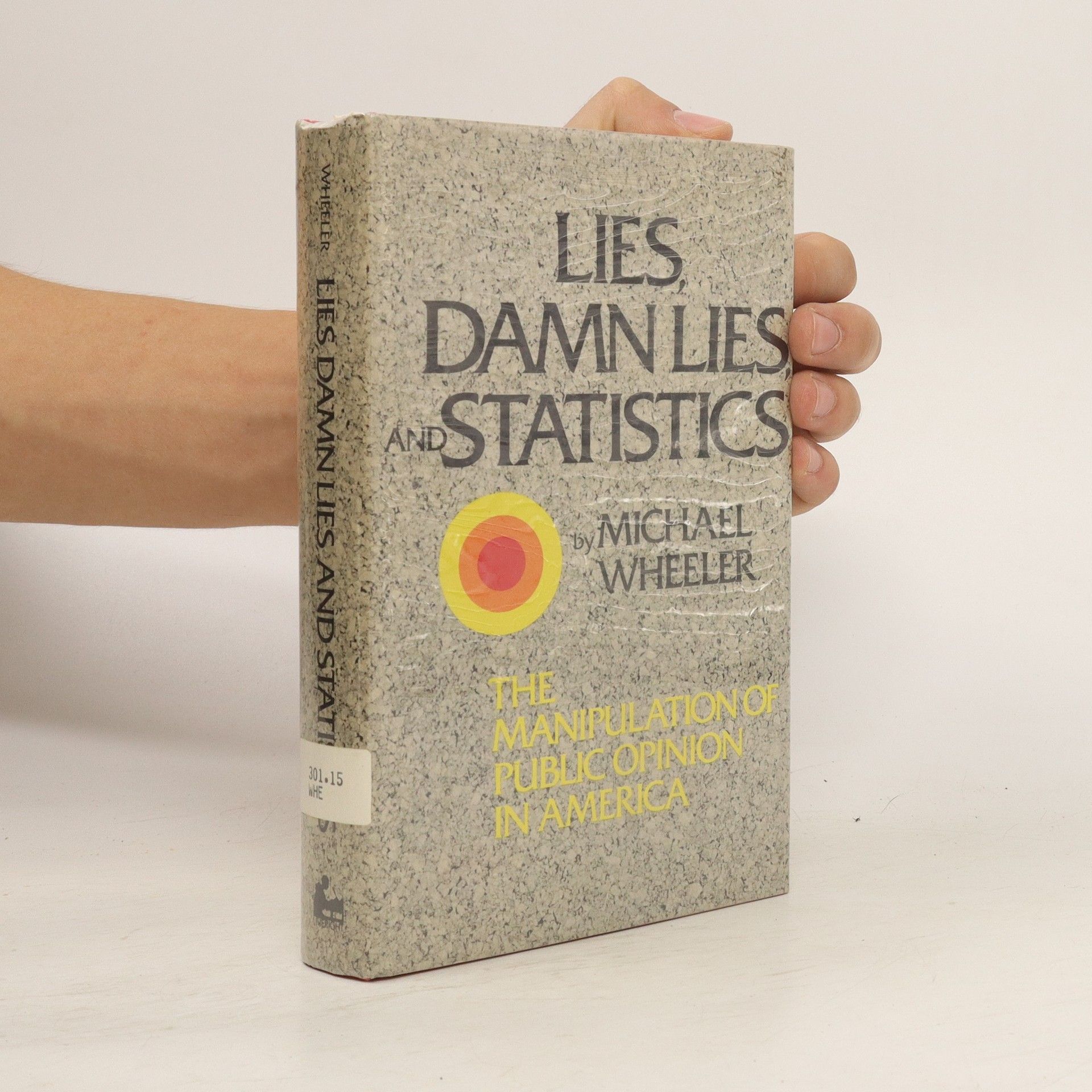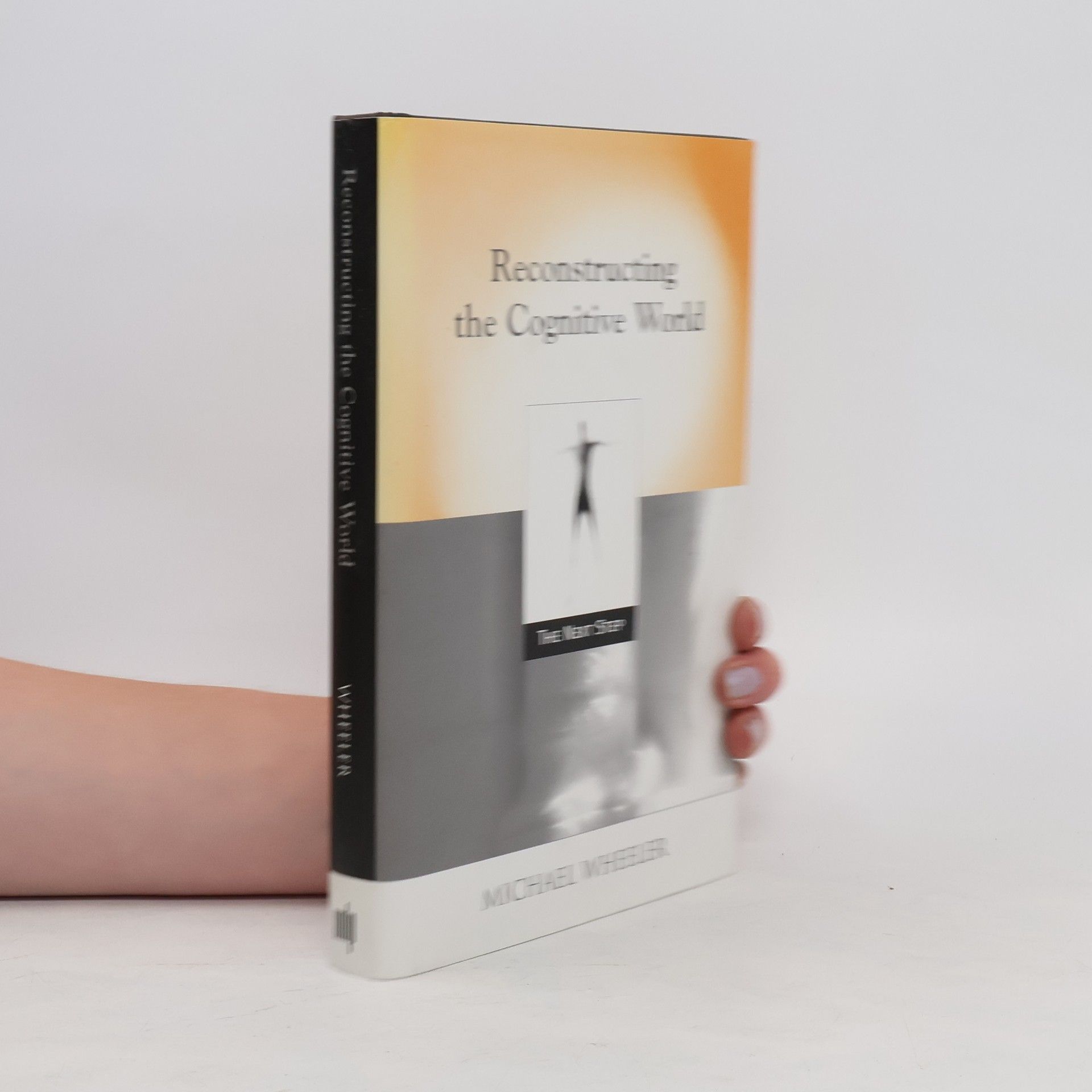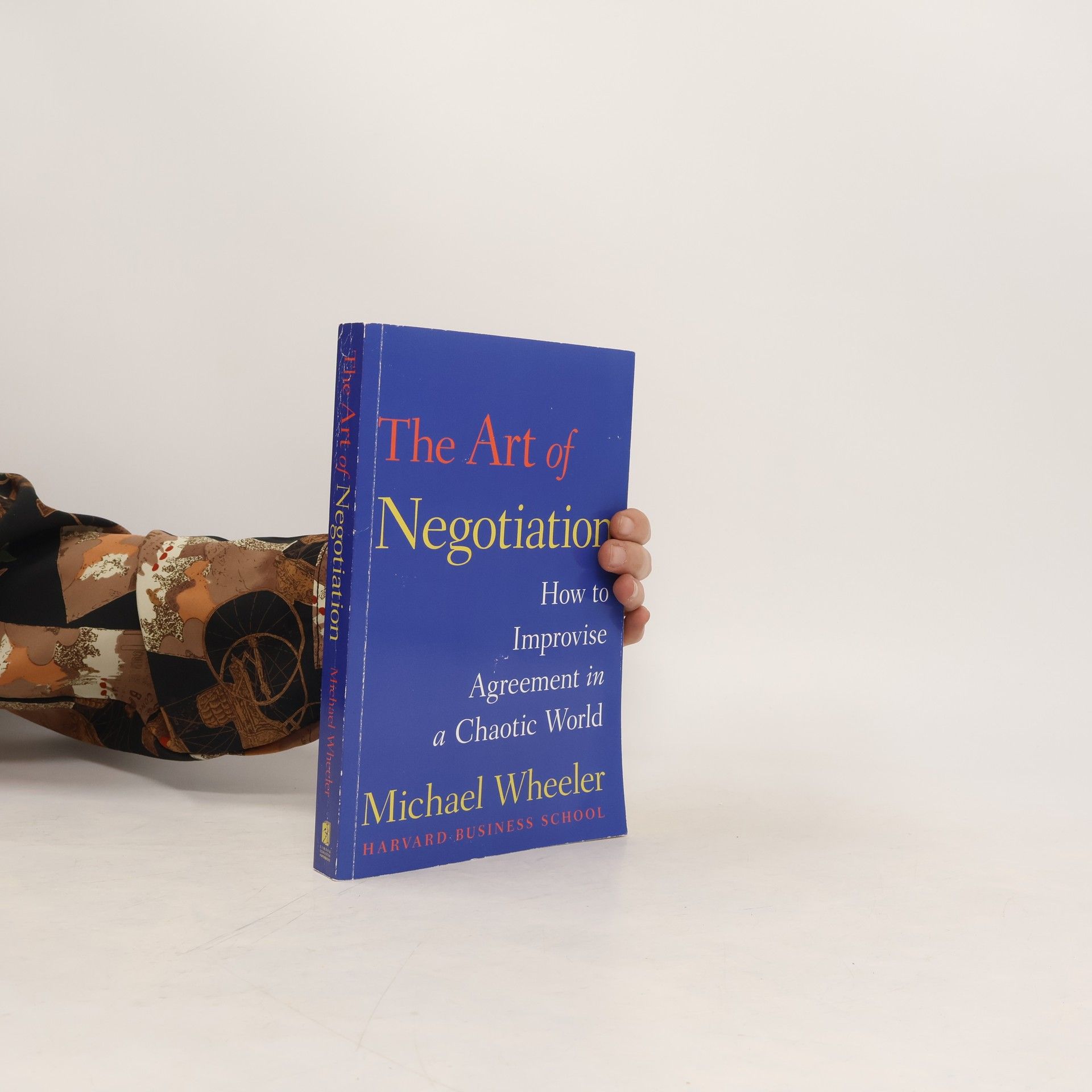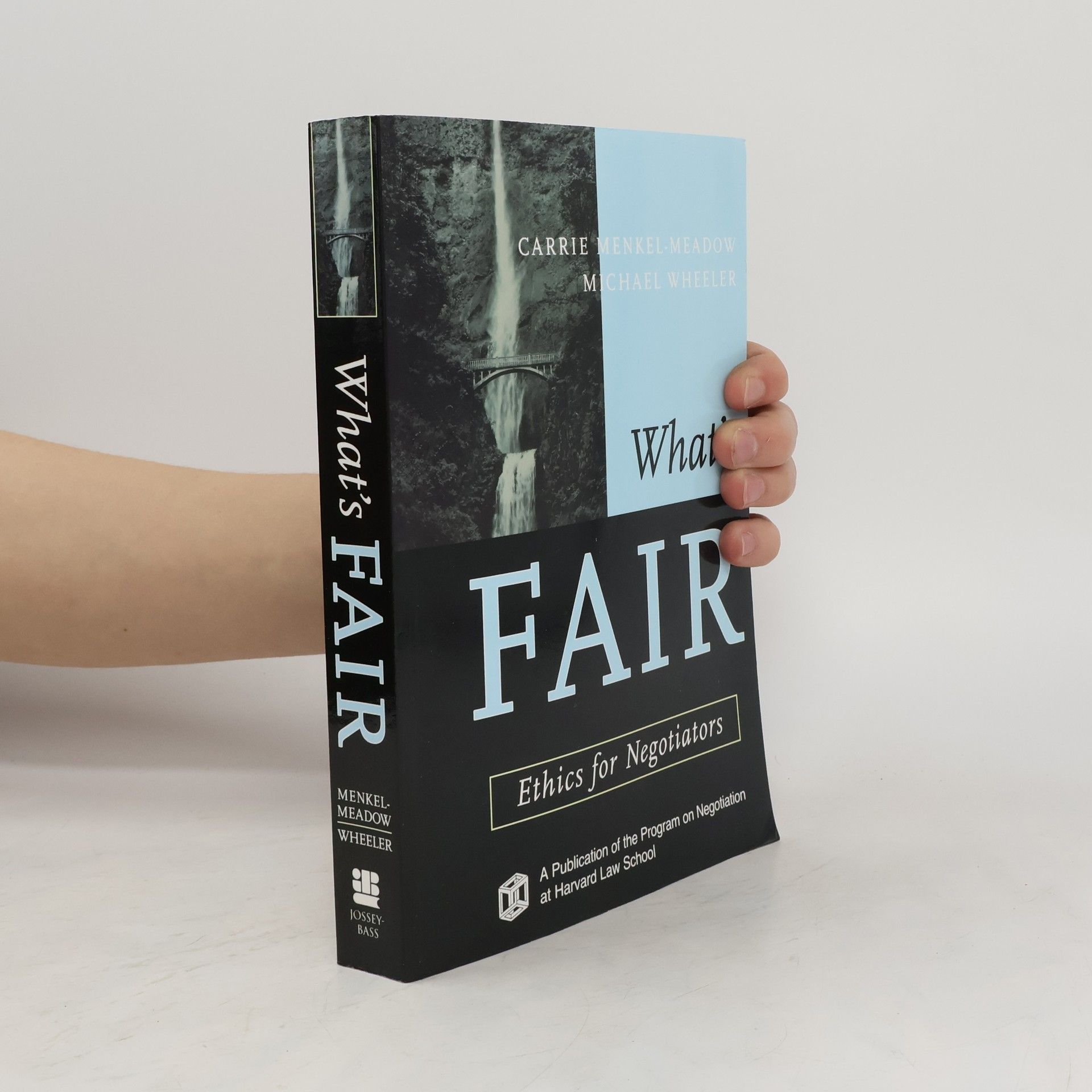What's Fair
- 594 pages
- 21 hours of reading
What's Fair is a landmark collection that focuses exclusively on the crucial topic of ethics in negotiation. Edited by Carrie J. Menkel-Meadow and Michael Wheeler, What's Fair contains contributions from some of the best-known practitioners and scholars in the field including Roger Fisher, Howard Raiffa, and Deborah Kolb. The editors and distinguished contributors offer an examination of why ethics matter individually and socially, and explain the essential duties and values of negotiation beyond formal legal requirements. Throughout the book, these experts tackle difficult questions such as: What do we owe our counterparts (if anything) in the way of candor or disclosure? To what extent should we use financial or legal pressure to force settlement? Should we worry about whether an agreement is fair to all the parties, or the effects our negotiated agreements might have on others?





